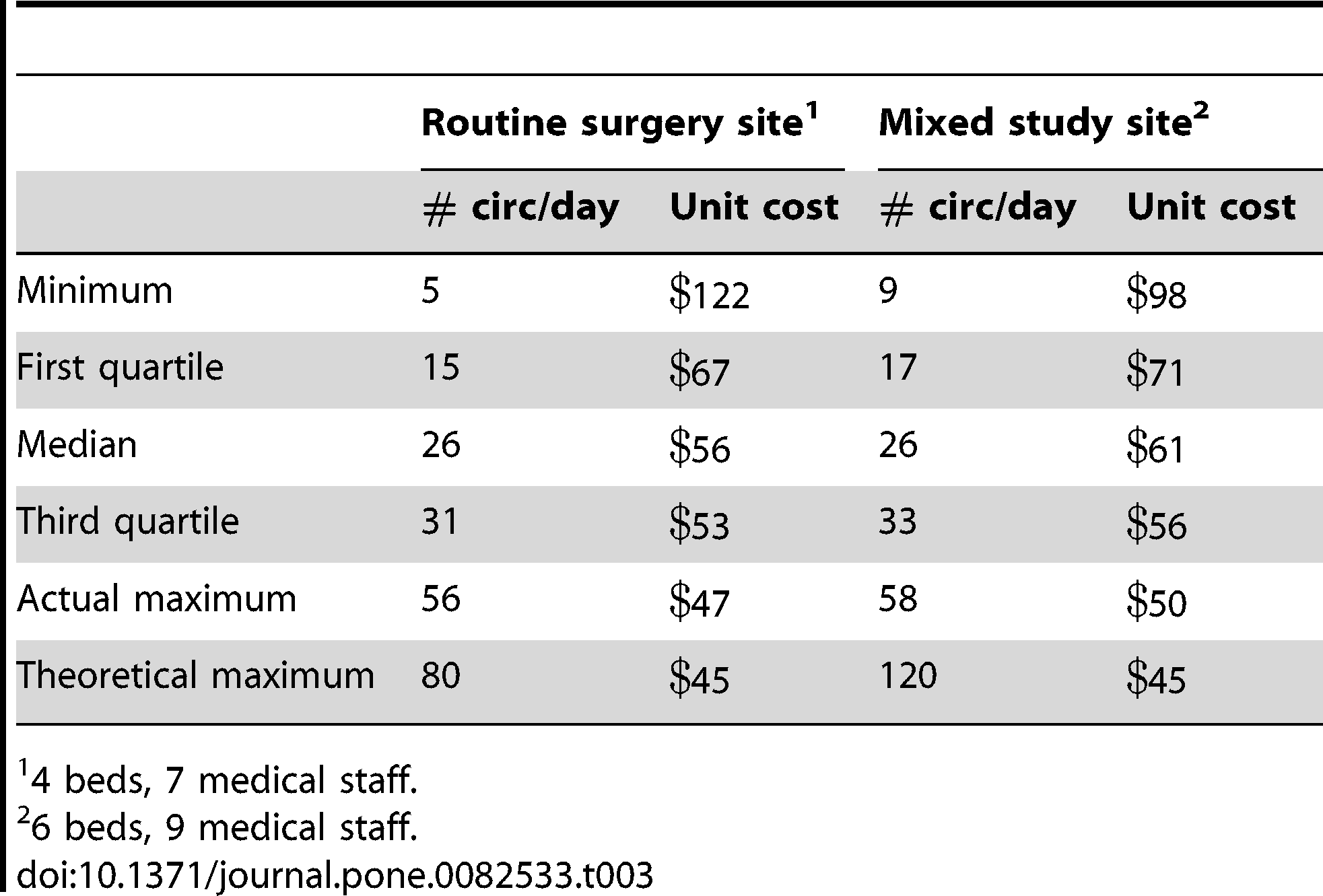
In some places, even the bible says that the law states that you must live as no one else will. This means that you should not engage in sex beyond marriage. Some cultures believe it is important that men have foreskin to ensure that women are safe from husbands having unintentional sexual intercourse with others. Thus, the motivation for removing the foreskin.
A unique study conducted by a team from the University of Buffalo suggests there may be other motivations for respondents to have their foreskin removed. Their paper published in Psychological Review shows that this removal is not motivated by religious beliefs. Motivated respondents were those who felt that their sexual experiences and practices had become unsatisfying. They were unhappy about their partner’s performance and/or felt pain during the sex due friction caused by clothing. Masturbation can cause physical distress as well as stress, which can lead to low self esteem and risky sexual behaviors.

As you might expect, people who were born in countries where HIV prevalence is higher were more likely to have their circumcisions performed. Age also played a role. The younger the respondent was at Wave 5, and the greater their chances of being circumcised, Also, the more often the partner visits the doctor, the higher the chance of him or her being circumcised. Circumcision for Men also has been shown to help in managing or reducing other STD’s including Syphilis.
Why circumcision Adelaide For Men? The answer has been affirmative for thousands of decades. Most likely because of religious reasons, most people (and women) remove the foreskin (or the scrotum). They believe that it is unclean or a focal point of evil.
Researchers were able use descriptive statistics to assess the HIV prevalence among the general population. Although the overall HIV prevalence did remain stable from previous surveys there were small changes in certain sub-sets. Wave 5 showed that more males, especially those between 18 and 34 years old, had condomless sexual relationships than Wave 4. Additionally, this Wave saw more circumcised men compared with the previous survey. This data set was a good representation for the probability of getting HIV from sexual intercourse, even if one did not use a condom.
Because of the known relationship between psychological factors and unsafe sexual behavior, researchers took note of other possible benefits to be derived from having a surgical procedure. It was found that male interviewees were more likely be satisfied with the decision to have surgery if they were raised in supportive homes and weren’t exposed early to negative gender attitudes. These findings imply that having a pro-circumcision motivated by psychological factors may indeed have psychological benefits. This benefit was only seen in men who were raised with supportive attitudes and in traditionally homogeneous households.
Another area of research was the use at the time of the procedure of an electrocauterization machine. Most participants in this study reported pain after the procedure. The American Medical Association states that electrocauterization should be avoided for children under thirteen years old. Parents who might be considering circumcising their babies may want to wait until the child is at minimum thirteen years of age before proceeding.
Circumcision of HIV-positive Men was found to be significantly more common in those who were less educated and live in urban areas. It is not clear why this is so. It is also important to note that African-American men with a low educational level were most likely to experience HIV infections. This finding remained consistent when looking at those with a documented hiv status. Other factors that were associated HIV infection were being a male and having multiple partners.
Researchers were able to conclude that HIV is less likely in men who have their foreskin stretched and enlarged regularly. There are many factors that can reduce the statistical difference between those who get the disease and those who don’t. Circumcision For Men with a hiv positive status did appear to have a slight but non-statistically significant difference over those who were not, indicating that foreskin enlargement and stretching should not be recommended.
